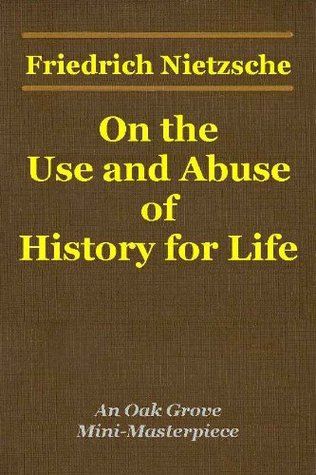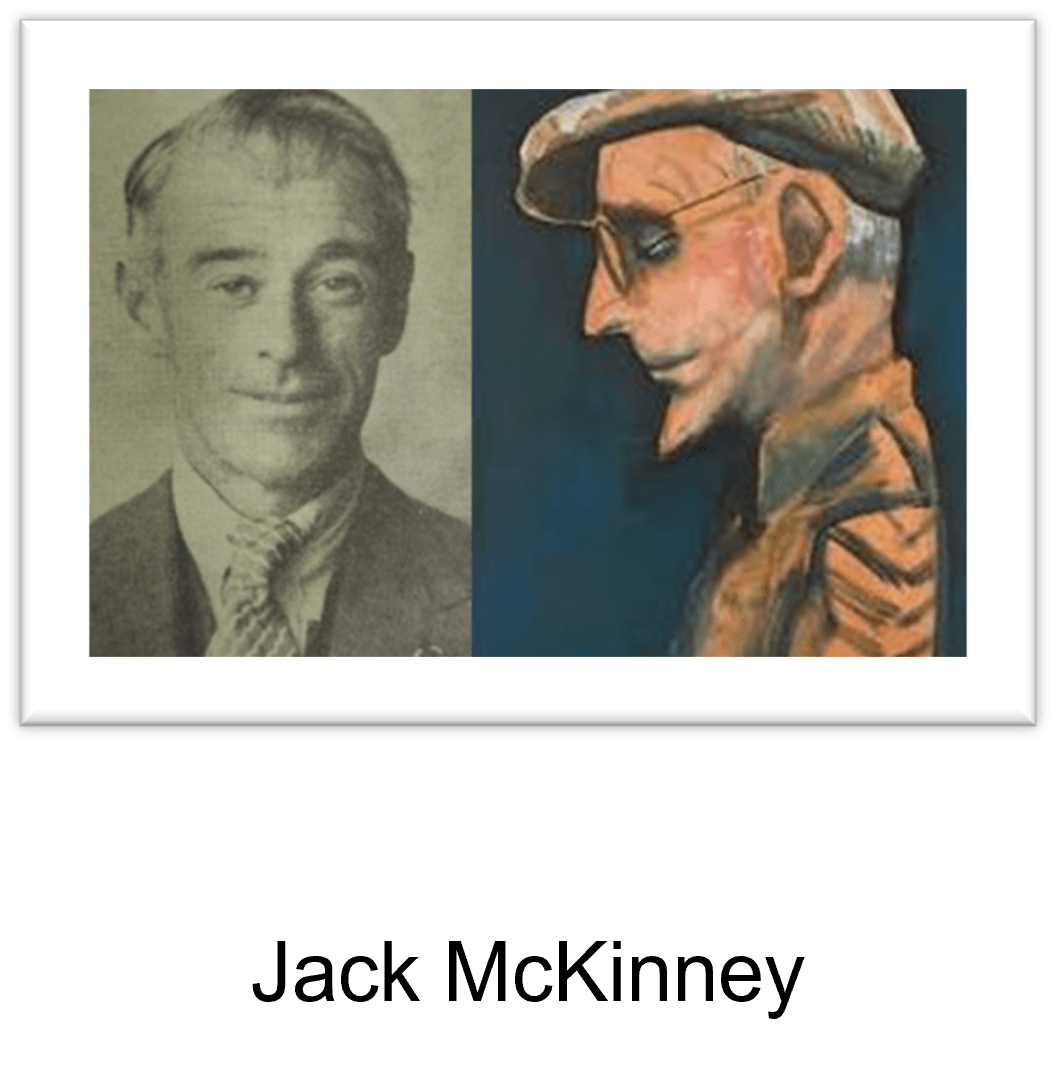A colleague of mine (and a “colleague of mind”) wanted to help us — the South East Queensland Community — with a project in urban sociology.
He wrote to the Queensland Public Service Commission (QPSC), regarding workforce profiles for the Queensland Public Service dating back to at least 1959. The QPSC replied they currently produces such profiles (short history; presentism) but have suggested that
- They do not have historical records on this;
- The Queensland State Archives (QSA) may be able to guide me in the right direction.
I could have expected the answer.
When my colleague sent me the QPSC answer, I rolled around the floor in hysterical laughter at the historical forgetfulness of the bureaucracy. But then I thought, or is it, that it is uncaring-ness, that their work regime is so mechanic as to cut against critical, empathetic, and creative thinking; that uncaring-ness which erases the emotion of anger coming from the public, and leaves the public with silence.
As the Public Sector Commission does not appear to value their own history — I say “appear” as I thought there was a coffee table history book for the QPSC but I found nothing from a Google search — the expectation is that us professional historians have to go to the QSA and perform research for a basic longitudinal data set, and unpaid to do so, which, in public expectations, our governments agencies and departments ought to be professional enough to have such data sets to hand.
There is a gross attitude of the 9-to-5 professionals who believe that they can wait until retirement, and then do their Ph.D., or Masters. And then to be shocked by the damage that historical forgetfulness has done for the government and society from the absence of such research in the last several decades.
The problem is also that there are too many persons in government and society who are “CHEAP”: they want something for nothing…believing it must be voluntary work…make no effort but make someone else a slave for the internalist desires. “And [blanked-out] the other person.” “I do not care”. If decision-makers cared, decisions would be made for the necessary research to be done and paid for.
No more in this 2024 election cycle (BCC and Qld). I am going to shout the message from the rooftop. The days of the economic rationalist are over, and the educated public (and we are fast growing against the elderly-and-fearful populists, and polemical and warring politicians) will no longer tolerate such mean spiritedness, and we are going to call-out such game-players to account. Game End !
Featured Image: Frederick Nietzsche’s famous essay.

Nietzsche, The Use and Abuse of History.
Another Featured Image: Queenslander Jack McKinney knew about the intellectual failure of Labor Governments, as well as all partisan governments.
The following two tabs change content below.
Neville Buch
Professional Historian at Professional Historians Association (Queensland) Inc.
Neville Buch (Pronounced Book) Ph.D. is a certified member of the Professional Historians Association (Queensland). Since 2010 he has operated a sole trade business in history consultancy. He was a Q ANZAC 100 Fellow 2014-2015 at the State Library of Queensland. Dr Buch was the PHA (Qld) e-Bulletin, the monthly state association’s electronic publication, and was a member of its Management Committee. He is the Managing Director of the Brisbane Southside History Network.
Latest posts by Neville Buch (see all)
- J. D. Vance’s Insult to America is to Propagandize American Modernism - July 26, 2024
- Why both the two majority Australian political parties get it wrong, and why Australia is following the United States into ‘Higher Education’ idiocy - July 23, 2024
- Populist Nationalism Will Not Deliver; We have been Here Before, many times… - July 20, 2024


